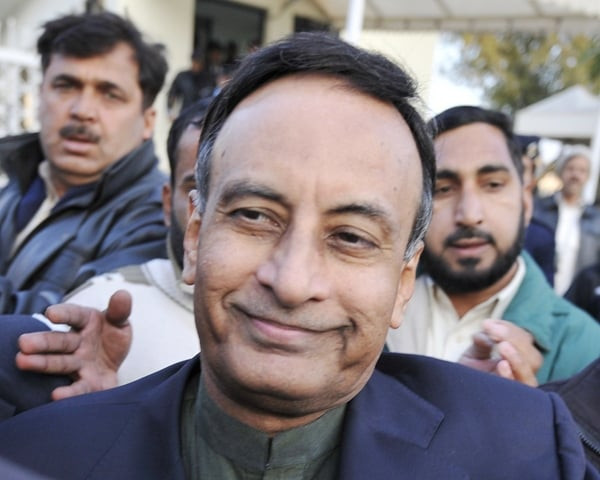Memogate report
Some would also say that the commission’s commentary on Haqqani’s loyalties was unnecessary.

Some would also say that the commission’s commentary on Haqqani’s loyalties was unnecessary. It declared that the former ambassador was always trying to keep the Americans happy. Maybe the commission should keep in mind that staying on the good side of the US is an integral part of an ambassador’s job description. Haqqani has often suffered through the accusation of being an American at heart but it is a battle he has won, first through his job as ambassador and then by proving that he did not hold US citizenship.
The commission, in declaring that Haqqani worked against the interests of Pakistan by writing the memo, may want to take a closer look at its contents. It is difficult to raise objections against his desire to have the military brought under the control of civilians, as our Constitution demands. Asking the Americans to bring this change about is questionable, but the sentiment cannot be deemed entirely objectionable. Yet, it is in the nature of those opposed to civilian rule to change the subject from their misdeeds. In this case, the distraction was memogate and the scapegoat was Husain Haqqani.
Published in The Express Tribune, June 14th, 2012.















COMMENTS
Comments are moderated and generally will be posted if they are on-topic and not abusive.
For more information, please see our Comments FAQ